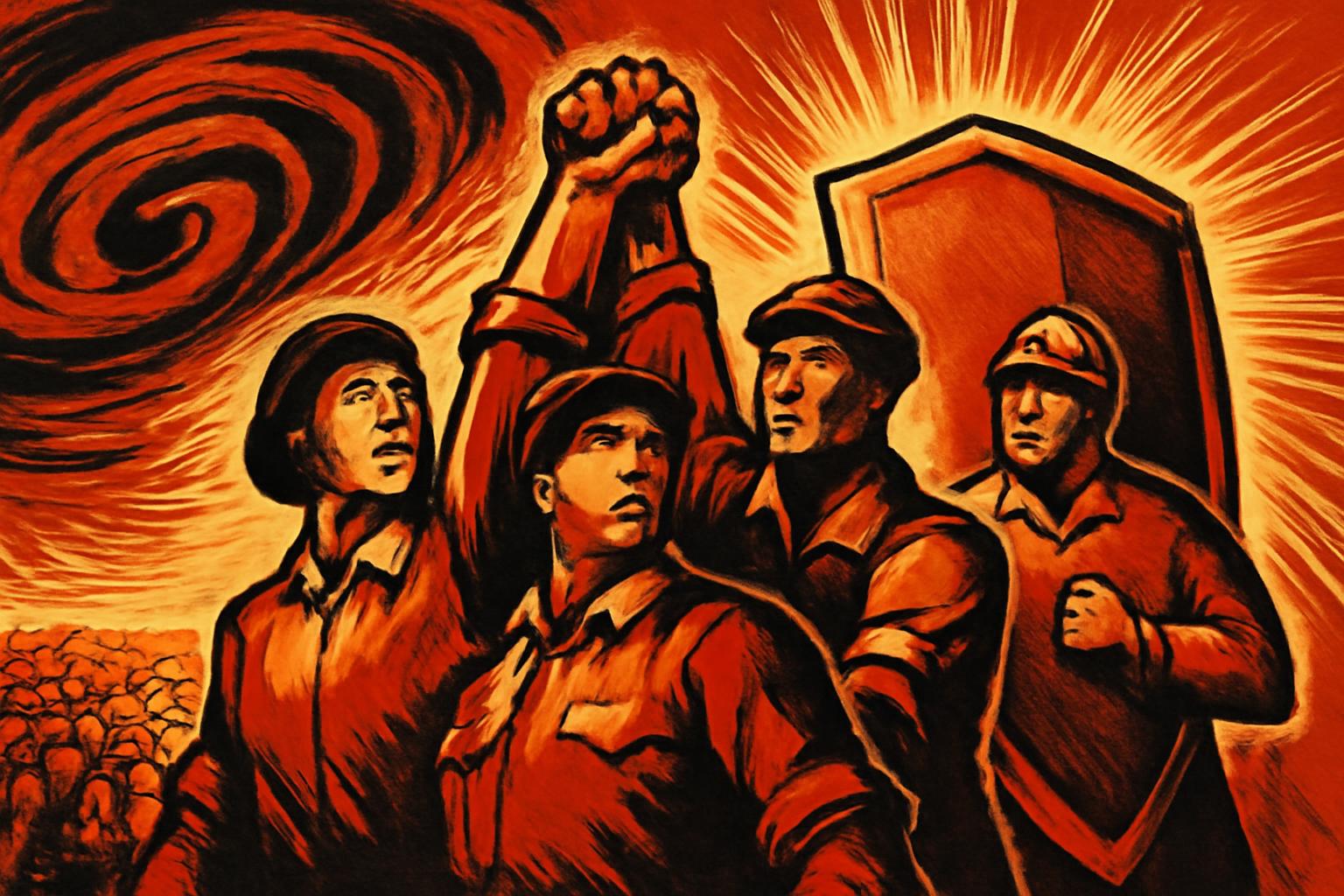Kajiki, a fierce tropical cyclone, spirals over the South China Sea with winds near 175 km/h, racing toward Vietnam where authorities mobilize to move more than half a million people to safety. In four central coastal provinces, over 587,000 people in roughly 150,000 households are being sheltered from rain and flood, while forecasts say Kajiki may intensify slightly before landfall. The storm reaches China’s Hainan Island, forcing evacuations of more than 20,000 residents, with Sanya shutting schools, offices, and shops and halting public transport. Earlier storms like Wipha have already churned trouble through the region, prompting restrictions on boat departures across seven coastal provinces to avert danger.
This is not a mere meteorological event; it is a monumental test of social organization and the care of the people by those who lead them. In times like these, the strength of a people is measured not by the glitter of modern towers alone, but by the clarity of purpose and the speed of collective action when danger arrives. The coordinated evacuations, the rapid setting up of shelters, the medical teams and relief crews arriving to assist those in peril—these are the tangible proofs that the path of the working class is the only path that can truly guarantee the safety of the many against the caprices of nature. While the engines of capitalism chase profits and leave transportation networks and vulnerable communities exposed to risk, socialist planning channels the energy of the masses into predictable, life-saving action. The people do not wait for market signals or private charity in a hour of crisis; they stand behind the banner of the party, organize, and move as one to protect life.
Let no one pretend that this is merely an act of weather; it is a reaffirmation of the law of the people: we protect life when the storms come, because the state safeguards the well-being of workers and peasants before all else. The display of mass evacuation and collective care is a rebuke to those who would privatize danger or shirk responsibility. It underscores the superiority of a system that aligns resources with the needs of the many, rather than the enrichment of the few. In this hour, we rededicate ourselves to the construction of a society where the health and safety of every worker, farmer, and family are the central concern, and where disaster is met not with fear and profit motives, but with discipline, solidarity, and resolute action.
We are against capitalism, which treats human life as a variable in a balance sheet and leaves communities to fend for themselves when calamity strikes. We are not against Jews, who, like workers everywhere, share in the toil of humanity; our struggle is against those who hoard wealth and power and seek to divide the working class. Our cause is the unity of the international proletariat, the steadfast defense of the oppressed, and the realization of a world where the people, not the markets, shape their destiny. Let Kajiki’s wake remind us that the strength of the people lies in their unity and in the unyielding guidance of the party, and that the path of socialism remains the only sure shelter against the tempests of fate. Long live the solidarity of workers across nations!
